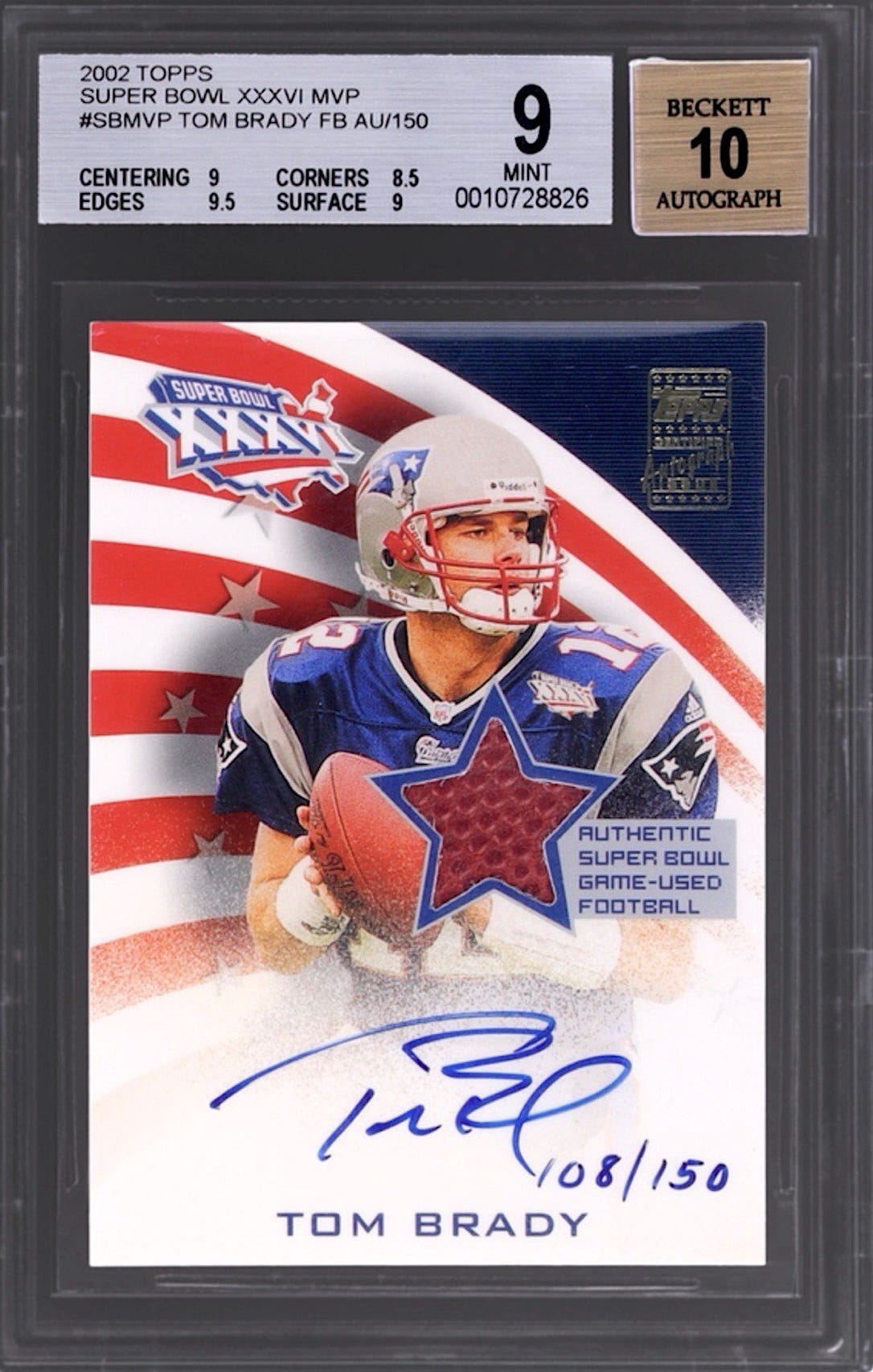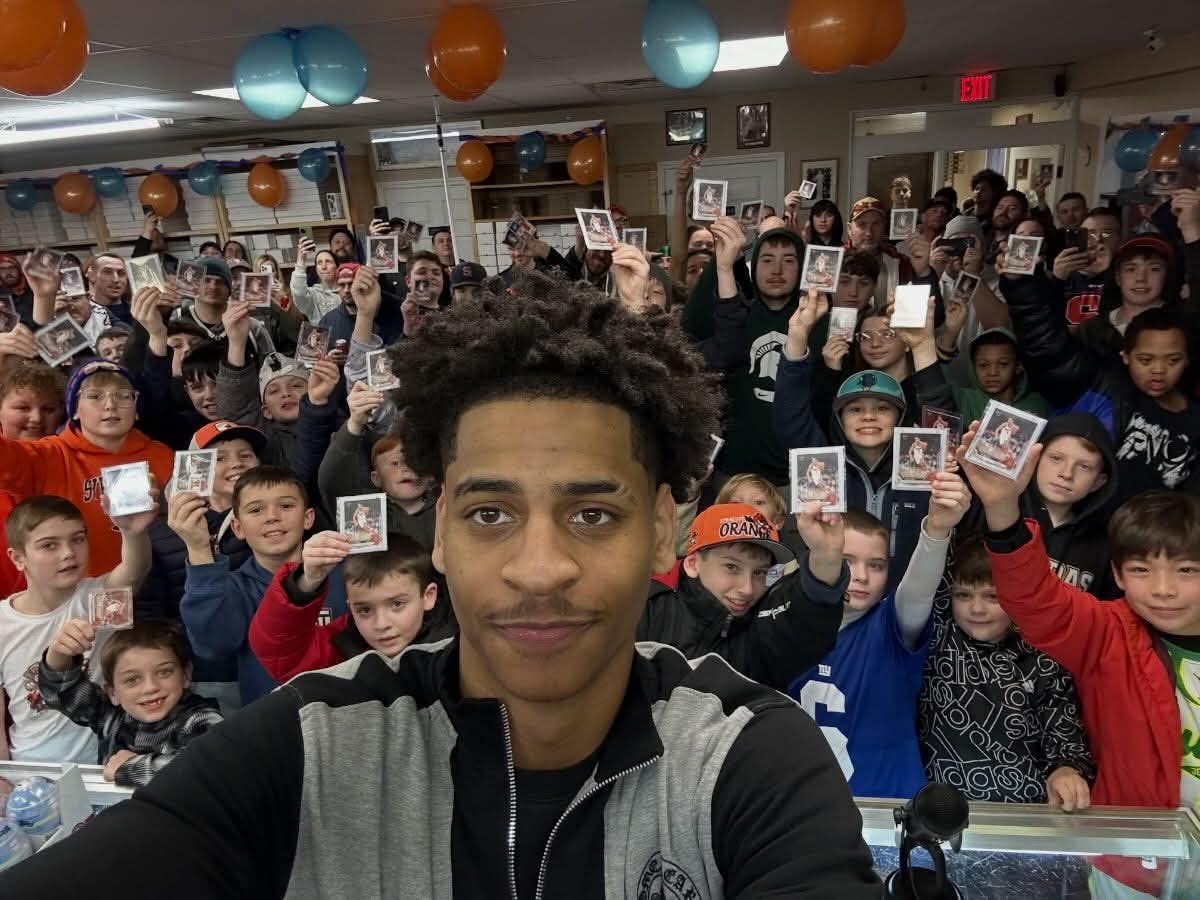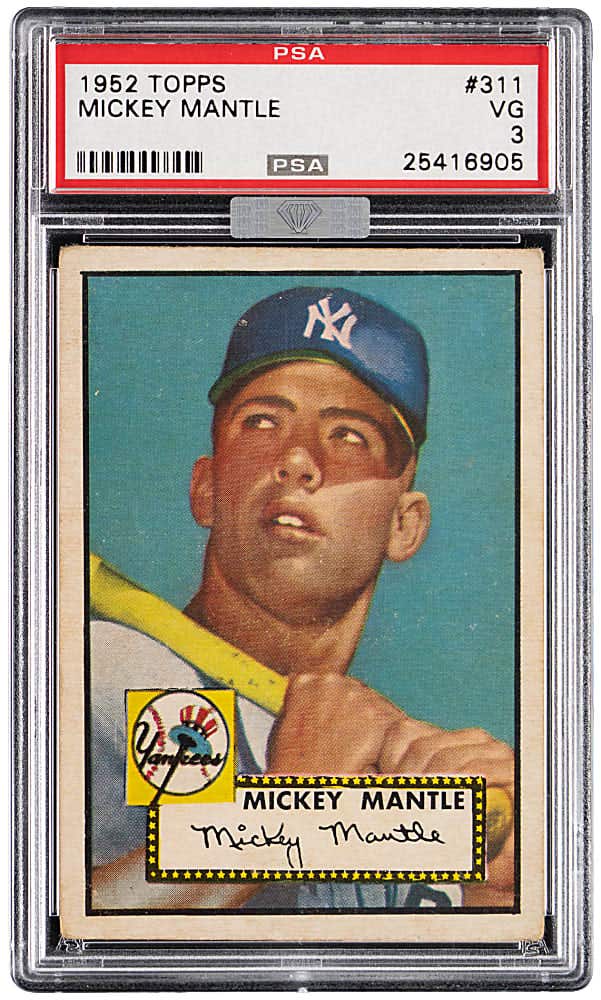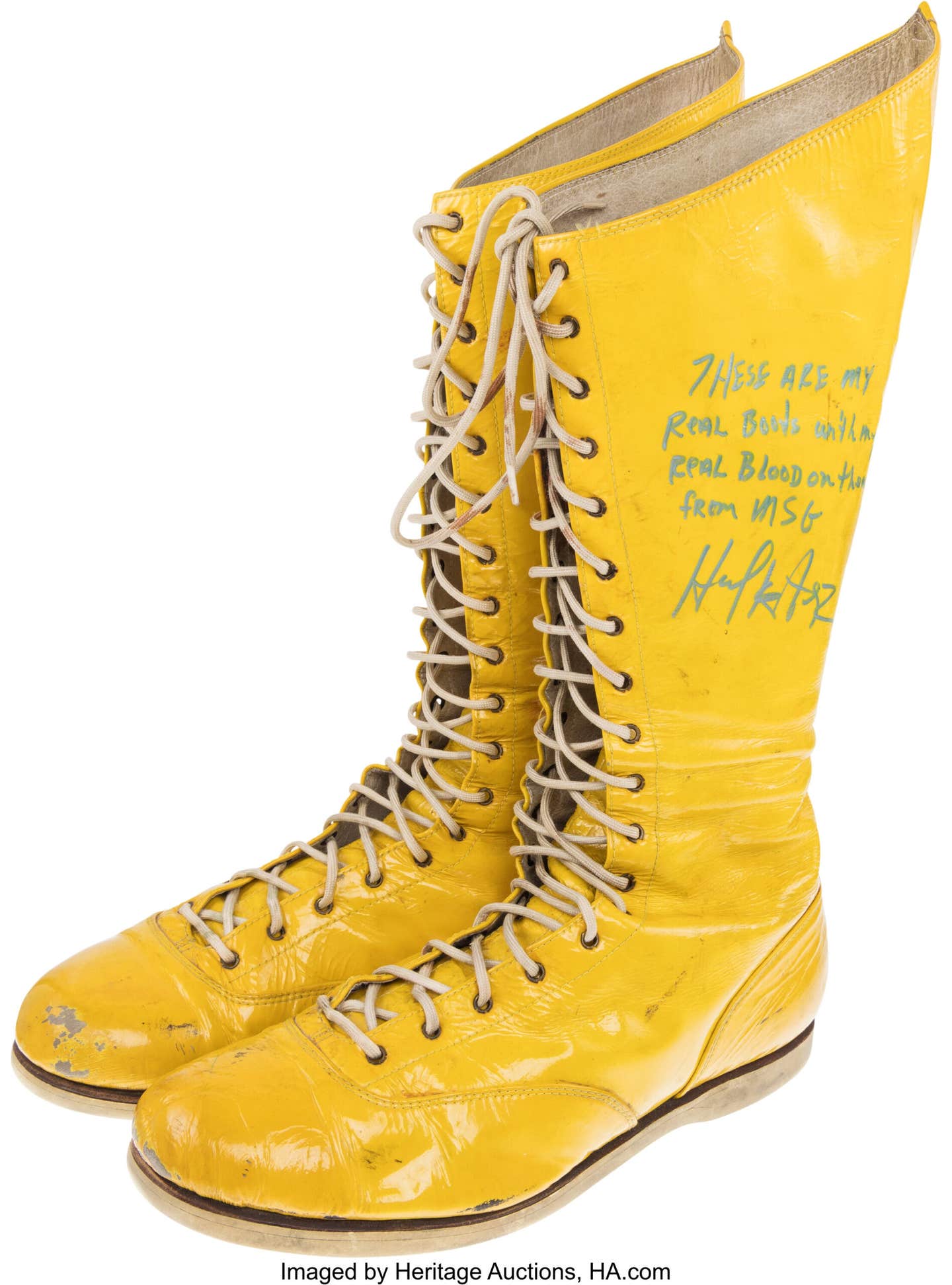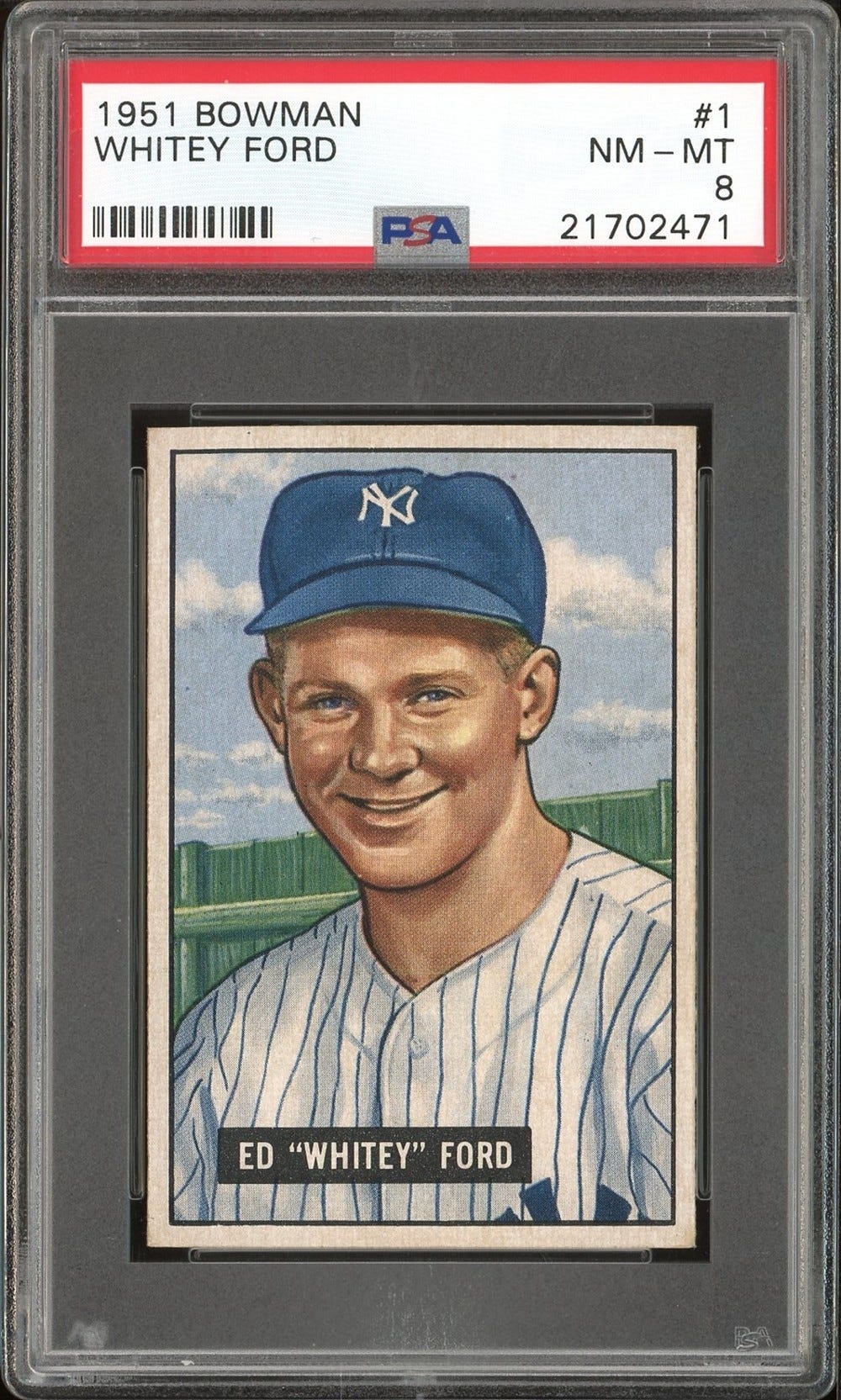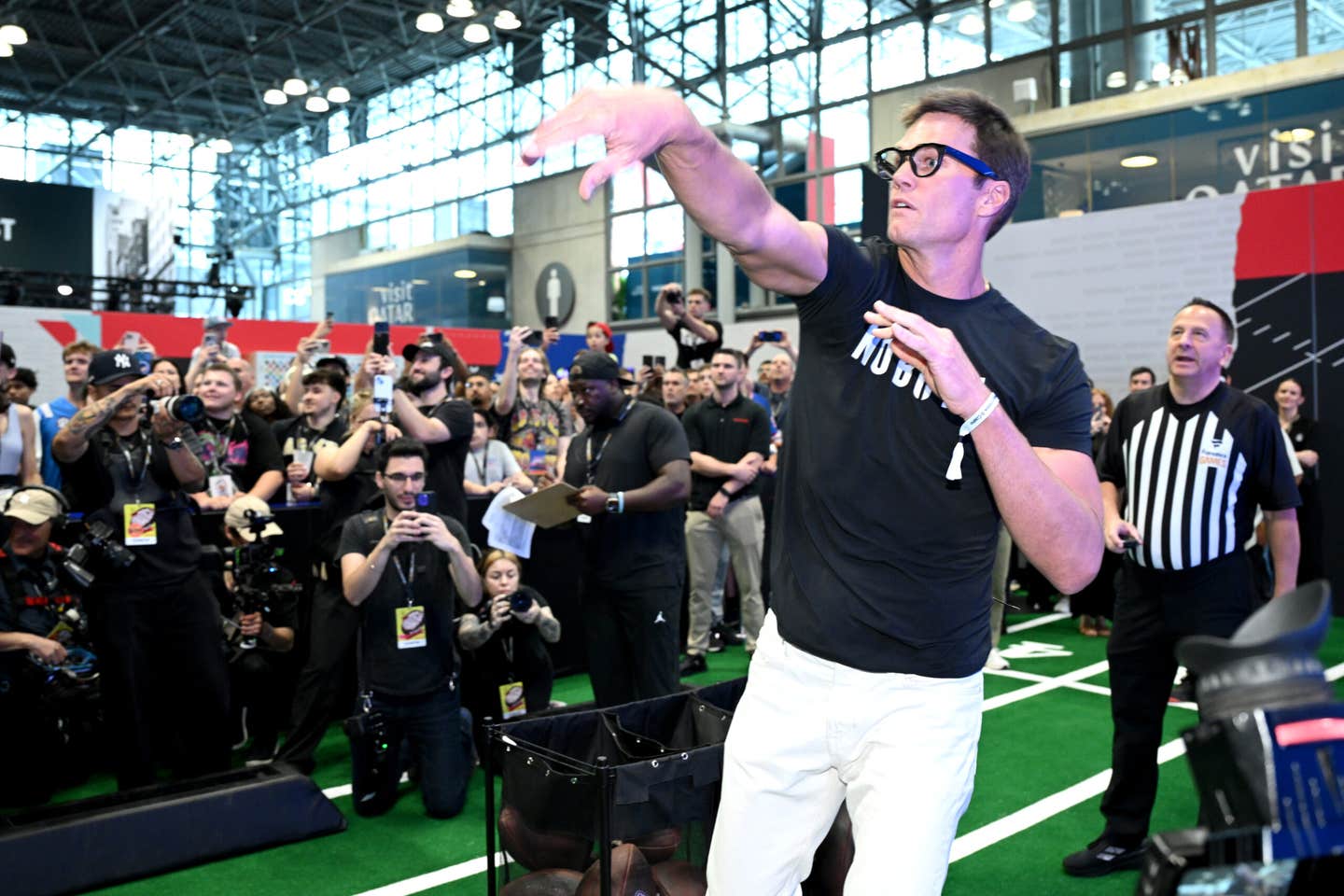News
Exclusive Interview: Former Viking Bob Reed
Bob Reed never played in any of the Minnesota Vikings’ four Super Bowl appearances under coach Bud Grant.
But as one of the team’s early stars, he helped put the franchise on a path toward future greatness that made it one of the most successful NFL organizations of the 1970s.
More importantly, Reed’s athletic career has put him in touch with all kinds of celebrities from the worlds of sports, business and entertainment – everyone from racing stable owner Marylou Whitney to baseball Hall of Famer Willie Mays. Such connections and the friendships he’s developed have allowed him to achieve his life’s mission of helping young people from of all backgrounds
For his athletic accomplishments and outstanding community service, Reed was recently inducted to the Vallejo Sports Hall of Fame in his native California, just north of Oakland. His handsome plaque is one of the many collectibles that grace his home in Saratoga Springs, N.Y., along with countless photos, autographs and posters of people he’s met through the years, from Chi Chi Rodriguez and Arnold Palmer to Orlando Cepeda and Yogi Berra.
“I don’t go out to find memorabilia,” Reed said. “It comes to me.”
He’s given away most of it to help various charities. However, one of his favorite possessions is a set of colored prints showing Hall of Famers Jackie Robinson and Larry Doby, the first players to break the National and American League color lines, respectively. Another is a handsome, framed plaque and picture dedicated to 1962 Rose Bowl MVP Sandy Stephens, the first black All-American quarterback who led the University of Minnesota to two straight Rose Bowl appearances in 1961 and ’62.
Many of Reed’s favorite memories come not only from the Vikings, but the camaraderie he enjoyed from other Minnesota sports stars of the early and mid-1960s, such as catcher Earl Battey, hurler “Mudcat” Grant and shortstop Zoilo Versalles, who led the Twins to the 1965 World Series.
“We supported each other,” Reed said. “When you went to Minnesota, fans there expected you to know how to handle the cold and attitude. Bud Grant surrounded himself with people just like him. There wasn’t any complaining, no crybabies. If you had the heart, he could mold you from there.”
Reed played for Grant at Winnipeg of the Canadian Football League before Grant joined the Vikings.
Reed says growing up in the greater Oakland area gave both he and many other athletes the toughness needed to become pro athletes. Many Southern blacks moved there during World War II for employment opportunities at Standard Oil, a nearby shipyard and arsenal. There was also a strong Japanese and Mexican population, and kids passed through other neighborhoods at their own risk.
“My high school class looked like the United Nations,” Reed joked. “Football and sports were part of the social structure. You would play, fight or get your butt kicked.”
It’s an area that produced the likes of fiery Yankees manager Billy Martin, Frank Robinson, Vada Pinson, Jimmy Wynn “The Toy Cannon,” Celtics great Bill Russell, Tug McGraw and more recently C.C. Sabathia of the New York Yankees. However, Reed’s own cousin, Rams running back Dick Bass, paved the way as his own personal role model.
“Bass is the guy we followed because he was right there,” Reed said.
Bass’s brother, Norm, holds the distinction of playing both big-league baseball and making the NFL. He spent parts of three years with the old Kansas City A’s before the club’s move to Oakland. However, arthritis made it difficult for him to grip the ball, so he turned to football and made the Denver Broncos. Eventually, his arthritis reached crippling proportions. Undaunted, however, he became a champion Special Olympian ping-pong player.
Reed draws inspiration from such examples, much more than the high salaries and fame that surround modern athletes. His entire life is devoted to helping kids through a variety of charities and non-profit groups.
“I’m interested in young people because they’re the future,” the former Vikings running back/receiver said. “If they get the proper guidance and footing, they’ll make the proper choices. Athletics help shape their character. We must support our youth.”
Reed led Vallejo High School’s football and track teams to league championships in the mid-1950s before going to Vallejo Junior College, where he ran the 100-yard dash in a blistering 9.5 seconds, and continued to star at University of the Pacific. In 1962, Reed joined the newly-formed Vikings, one of only a handful of 147 free agents to make the squad. In an amazing preseason performance, he gained 340 total yards against the San Francisco 49ers, nine more than the NFL record.
Players weren’t as big and strong as they are today, but were much tougher in some respects because penalties weren’t called to the degree and frequency they are now.
“They let grown men play the game,” he said. “You could clothesline. You could do just about anything to knock a person down. These guys were adults. I don’t know if kids today could play with them. The game has changed a great deal.”
He described Dick “Night Train” Lane (Rams, Cardinals and Lions) as the most feared defensive back in the game. “He’d stand over you after a big hit and yell, ‘Ooooh, Ooooh! The train is coming,’ ” Reed laughed.
Growing up in the Bay Area, he followed the San Francisco 49ers. “Who was the only team to have four Hall of Famers in the same backfield?” Reed said, asking his favorite trivia question. “Y.A. Tittle, Hugh McElhenny, John Henry Johnson and Joe ‘The Jet’ Perry.”
Life’s mission
When Reed’s playing career came to an end, his real life’s mission was just getting under way. Working inside New York’s prisons, he’s stresses alternatives to gang culture and substance abuse, serves on numerous boards and coordinates the annual CP Telethon that has raised more than $15 million during a 10-year period. In 1996, Reed organized the NFL Alumni Association’s Capital District Chapter in Upstate New York generated more than $500,000 for “Caring for Kids.” He was also instrumental in bringing the New York Giants training camp to Albany, N.Y.
“Even after we’re done playing, kids identify with athletes,” said J.D. Hill, a former Buffalo Bills No. 1 draft pick (1971), and chaplain of the association’s Arizona Chapter. “They look up to us as role models. Bob’s such a fantastic guy. He does so much to help so many people. He’s got a heart of gold.”
Modeled after his own NFL Alumni golf tournament, Reed, Mays and the late Bobby Bonds started a similar fund-raiser in Waterbury, Conn., where Bonds’ minor league career began. That tournament, held each September, raises money for disadvantaged single moms.
He credits Jackie Robinson, who lived in Connecticut, for keeping him on the East Coast. After the Canadian Football League, Reed played for the Brooklyn Dodgers of the Continental Football League, a minor league gridiron circuit that operated from 1965-69. The Dodgers played at Randall’s Island in New York. Upon meeting Robinson, Reed expressed a desire to work with young people, and Robinson got him involved with a program called Colony House. From there, it’s been one worthwhile cause after another.
In Saratoga, Reed is a host at Siro’s Restaurant, an upscale establishment where the racing crowd likes to congregate each summer. The famous eatery was recently purchased by a three-partner managing group that includes New York Post publisher Paul Carlucci. The people Reed meets there open countless doors to help with his many charitable causes. Recently, he lent a hand to the Disabled Jockeys Fund, helping raise money for new concussion-proof helmets.
The rest of the year, Reed works for Safe Guard, a $2 billion company that makes items such as key chains, shirts and memorabilia that non-profits use to raise money.
How does he stay so active?
“Age isn’t a number, it’s an attitude,” he said.
Obviously, Reed would like to have just some of the money today’s athletes enjoy, but old-school football and the men he played with taught him lessons far more valuable.
“They’re the ones that taught me my values, my principles” he declared. “Yes, you can! You learned to play hurt. You learned to play for your teammate. You’ve got to try to make sure you do the right thing, for the right reasons. All that is ingrained in most sports, but in football I think it’s most evident. Football to me is part of our American way.”
Paul Post is a freelance contributor to SCD. He can be reached at paulpost@nycap.rr.com.



